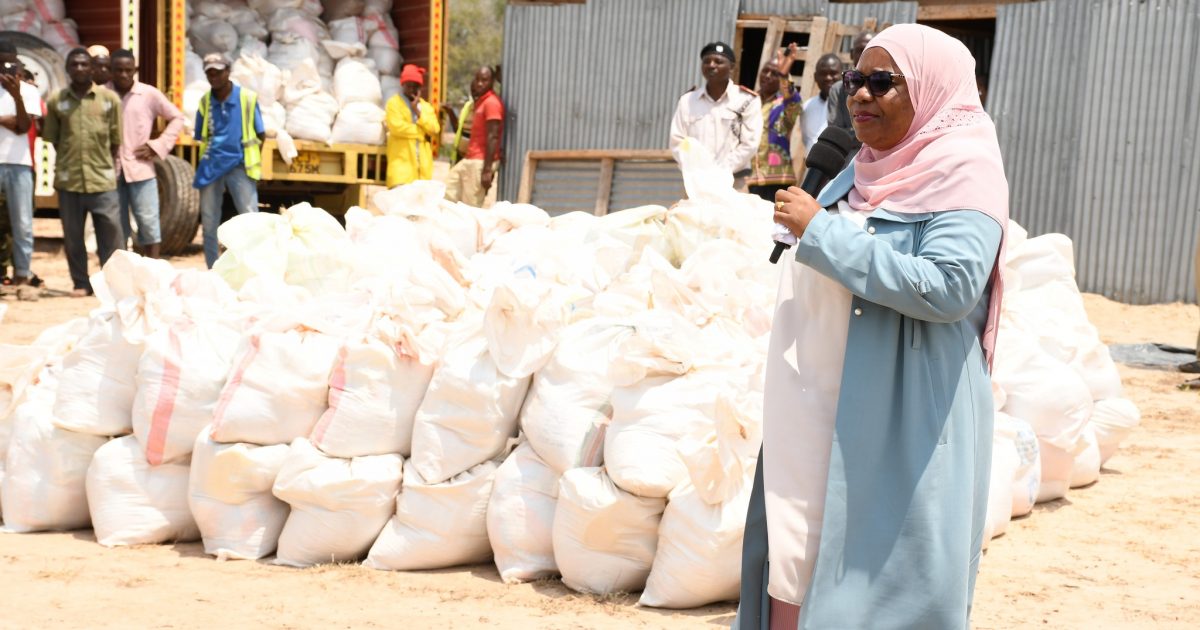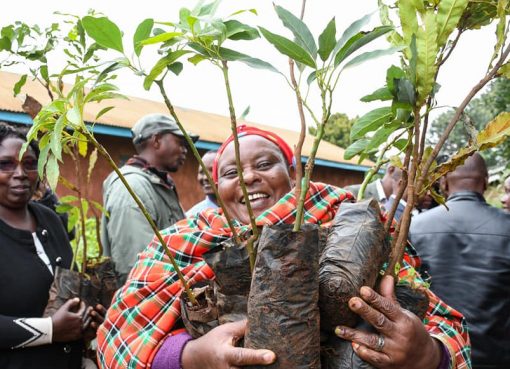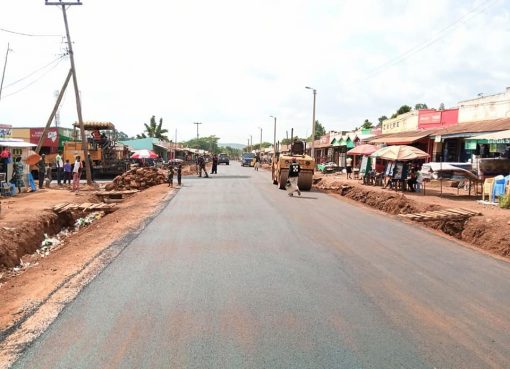The Government will be scaling up the fight against hunger by sending consignment of assorted food stuffs to various parts of Kwale County ravaged by hunger.
Area County Commissioner (CC) Gideon Oyagi says the government will be scaling up food assistance for drought victims in the region.
Oyagi says at least 200,000 people spread in Kinango, Samburu and Lungalunga sub counties are threatened by the current devastating drought and requires emergency food and water assistance.
“These people who are mostly farmers and livestock keepers who lost their crops and livestock to the ravaging drought face difficult humanitarian conditions and are in need of food assistance,” he said.
He says the government will do everything within its powers to assist those most affected by the biting drought.
The administrator says last week the county had received 1,000 bags of maize, rice and beans from the national government and is being distributed to the most vulnerable families in the drought affected areas.
The CC said a school feeding programme will be launched especially in day schools to ensure that the ongoing drought does not force students to stop attending classes.
“Providing food to day schools in the worst affected areas will help preserve the students’ right to education,” he said, adding that the provision of relief food to schools would continue until the situation normalised.
Oyagi says food distribution committees have been activated in the sub counties and wards under the leadership of Deputy County Commissioners and Sub County administrators to ensure that only those who deserve food aid receive assistance.
“We are forming these village committees to ensure that dubious people pretending to be drought victims do not benefit at the expense of the real victims,” he said.
Oyagi says the government is working closely with international partners in intensifying humanitarian efforts to prevent the drought from turning into famine.
Meanwhile, following an appeal by both the National Government and the County Government of Kwale to support vulnerable communities affected by the drought situation, Kwale based mining firm Base Titanium has donated foodstuffs worth Sh6 million to affected families.
The donation is part of the Pamoja Tuungane Initiative spearheaded by the Kenya Private Sector Alliance (KEPSA) rallying the private sector and other partners to help address the drought situation which has affected most Arid and Semi-Arid Counties.
Base Titanium External Affairs General Manager (GM) Simon Wall joined Kwale County Governor Fatuma Achani in distributing the food packages which include maize flour, rice, beans, cooking oil, sugar and salt among other items, to vulnerable families in Makamini, Kinango Sub-County which has been hard hit by the hunger situation.
Wall said in the long term, Base Titanium will work with the Kwale County Government to determine how best the company can support development of strategic water facilities to help local communities in the area.
Governor Achani thanked the organisation for being more than a partner but a critical stakeholder which has supported the devolved unit and the people of Kwale whenever needed.
“Base Titanium has always been there when needed. We have seen your support from supporting infrastructure projects, scholarships for our children, furnishing our schools with desks to this kind gesture of supporting Kwale residents with food,” said Governor Achani.
At least 1700 families from five villages in Makamini/Kizingo received food donations in the first phase of the food distribution exercise.
While addressing locals during the distribution exercise, Achani called upon other well-wishers to come on board and aid the locals who are faced with starvation.
She said that her administration is working on mechanisms to reduce the impact of the recurrent drought by finding long term solutions to enable the region to be more productive.
By Hussein Abdullahi





